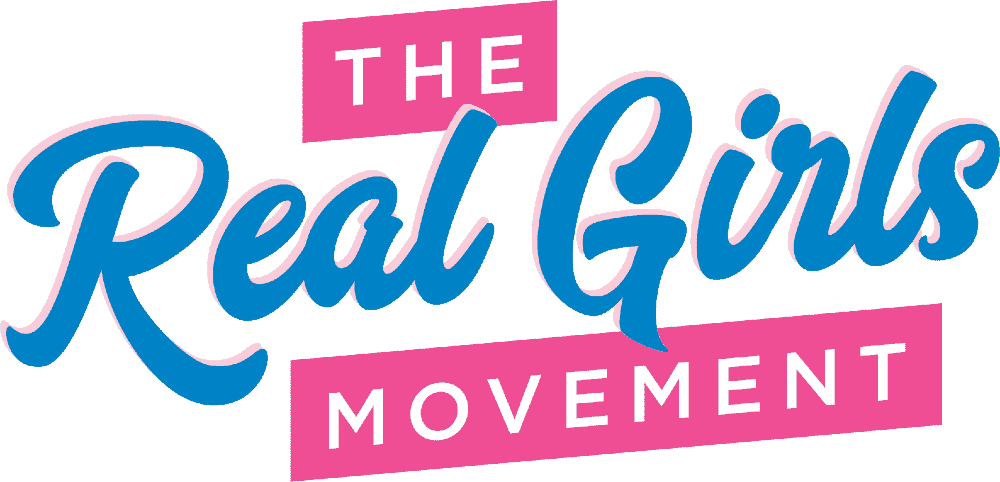Is the man in your life losing Strength? This Hormone Can Help!
Yes, we’re talking testosterone. That muscle-building hormone. But I’m not going to recommend that he takes any anabolic steroid hormones or anything like that.
I am going to give you two solid tips on how he can boost his testosterone levels naturally with supplements.
Tip #1: Get enough zinc
Zinc is an essential mineral that helps with a number of processes in your body (it helps over 300 enzymes). Zinc helps your immune system, helps to produce critical proteins and DNA, and also helps with wound healing. Enough zinc is necessary to maintain healthy skin and for optimal ability to taste and smell. Zinc is an antioxidant and can be supplemented to support optimal levels of testosterone because it helps the enzymes that converts cholesterol into testosterone.
Zinc is found mostly in red meat, poultry, egg yolks, and shellfish. Some plants can also provide zinc such as beans and nuts. The best dietary source is oysters.
The daily recommended dose of zinc for men is 11 mg/day (for women it’s 8 mg/day). Low zinc levels are rare but tend to occur in vegetarians/vegans, athletes, and people who sweat a lot (zinc is lost in sweat). And low zinc levels have been linked to low testosterone levels.
Of course if you don’t get enough zinc in your diet you can always supplement. Before you do, however, consider a few things:
- It is possible to get too much zinc so unless your doctor tells you never take more than 40 mg/day. For many people just 5-10 mg/day is enough to prevent deficiency.
- Zinc supplements can also interact with certain medications so be sure to check with your doctor or pharmacist to find out if zinc supplements are safe for you.
- Zinc supplements are best taken 2-hours away from any medications (if it’s safe to use it at all while taking those medications) and should be taken with food.
Tip #2: Get enough vitamin D
Vitamin D, the “sunshine vitamin”is surprisngly a common nutrient that we simply don’t get enough of. Not only is it not very abundant in foods but being ‘sun safe’ and working indoors can mean we don’t get enough sunlight to produce adequate levels year round.
Vitamin D is known to help us absorb calcium from our foods and is also necessary for our immune system, nervous system, and muscular system. As with zinc if deficient in this nutrient, men may experience increased testosterone levels after supplementing.
Vitamin D deficiency is most commonly associated with bone conditions such as rickets in children and osteomalacia in adults.
It is a fat-soluble vitamin and is found in fatty fish, organ meats, and egg yolks. Unfortunately it isn’t abundant in most other un-fortified foods.
The bottom line with vitamin D is that you may need to supplement. Of course if you’re always outside in the sun or eat fatty fish every day you may be the exception. You can always ask your doctor to check your blood levels to be sure because vitamin D is another one of those nutrients where more is not always better.
Here are a few tips to supplement with vitamin D safely and effectively:
- Read your labels and don’t overdo it. Never supplement with more than 4,000IU/day unless supervised by your doctor.
- As with zinc (and most other supplements) you should check with your doctor or pharmacist if you’re taking any medications.
- Take your vitamin D with some fat to help your body absorb this vitamin. It is often recommended that you take it with the largest meal of the day.
- Note that vitamin D is also found in cod liver oil, and multivitamins, so you may not need to take it separately (read your labels).
Summary:
If men (and women) aren’t getting enough zinc and/or vitamin D every day testosterone levels may be a bit low but don’t overdo these two essential nutrients.
References:
https://examine.com/nutrition/how-can-i-increase-testosterone-naturally/
http://www.hc-sc.gc.ca/fn-an/nutrition/reference/table/ref_elements_tbl-eng.php
http://thewellnessbusinesshub.com/yes-nutrient-deficiencies-heres-proof-can/
https://ods.od.nih.gov/factsheets/Zinc-Consumer/
http://webprod.hc-sc.gc.ca/nhpid-bdipsn/atReq.do?atid=zinc.mono&lang=eng
https://examine.com/supplements/Zinc/
https://ods.od.nih.gov/factsheets/VitaminD-Consumer/
http://webprod.hc-sc.gc.ca/nhpid-bdipsn/monoReq.do?id=183&lang=eng
https://examine.com/supplements/Vitamin+D/
https://authoritynutrition.com/8-ways-to-boost-testosterone/





